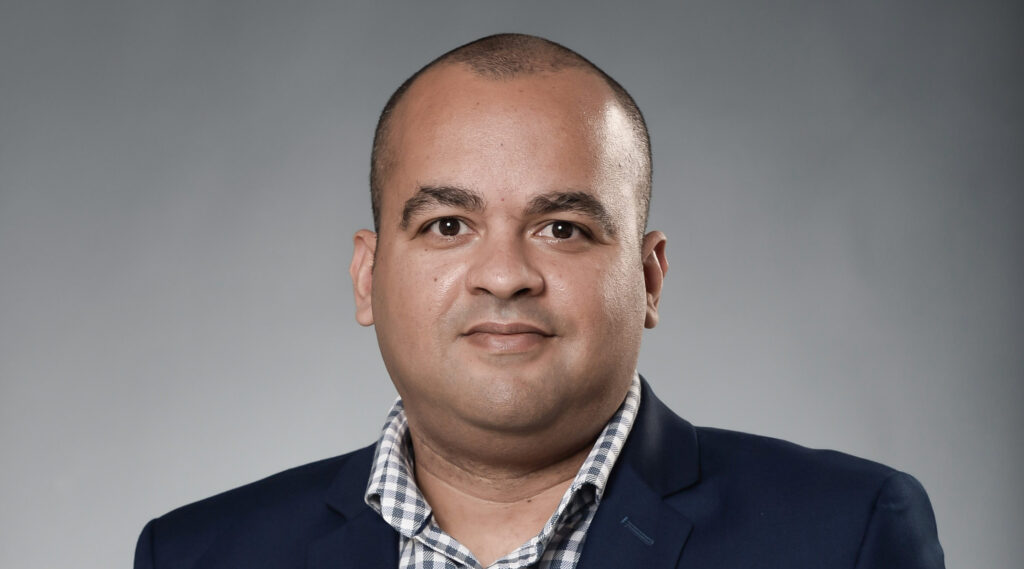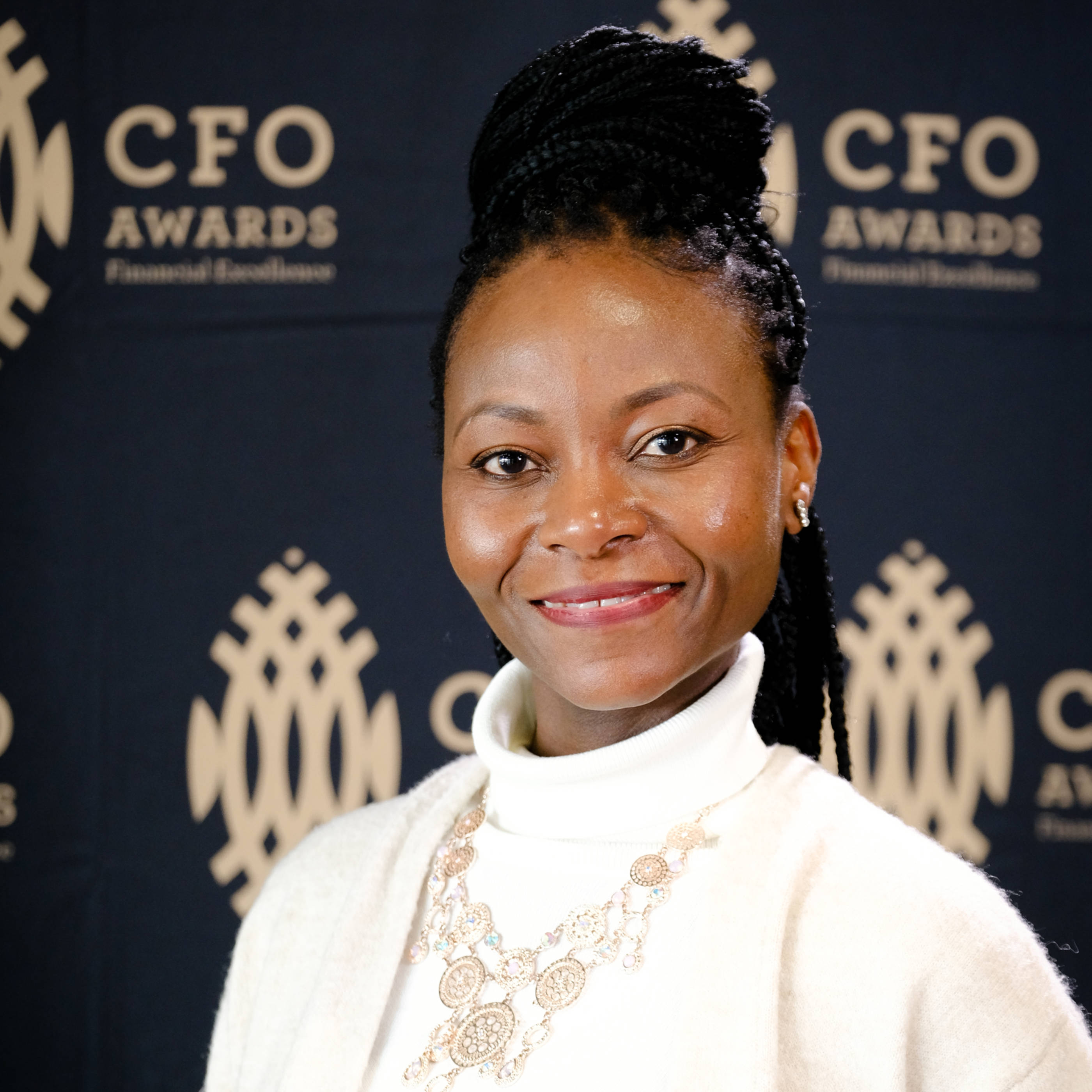Jamie Louw, CFO at AFMS Group, says the company emerged from the pandemic with newfound purpose.
Being a business with multiple sites and properties, from hospitals to malls, the pandemic pushed the AFMS Group into a world where some elements of the business were operating and others weren’t. “The initial focus was on managing cash flows – we made very difficult calls in the first couple of months – to try and preserve resources to see ourselves through the uncertainty. We were decisive and that helped, says Jamie Louw, CFO.
Purposeful leadership
Jamie says purpose was the company’s north star throughout the crisis, explaining that, “Being purposeful is not only about making the right business calls, but doing the right thing for everyone in the organisation.”
The company’s purpose principles include being a sustainable business, both internally as well as in client environments they operate in.
Another pillar is relationships, both personal and professional. He says the team is key to success, explaining that: “Our people are the ones who deliver key outputs in support areas which underpin service clients so we closely attend to talent management, and make sure there are pipelines of growth, for people to broaden their scope and horizons, to learn and upskill for the future.”
The third pillar is flexibility and agility, which he says is crucial for a medium-sized business such as AFMS because he believes they are in a position to craft unique solutions for clients, understanding the nature of their business and their goals. But to do so successfully they need to be agile.
The fourth pillar is trust. “When the crisis landed on us, there was an immediate need to engage on a more frequent basis. We implemented more frequent, deliberate check-ins. What I started noticing on my side, was how relationships were developing. I was speaking very regularly with exco colleagues, which developed relationships that allowed us to break down boundaries across business units, that enabled us to move faster, collaborate on issues and break down silos.”
He says trust allows for speed and decisiveness: “Often there is a disconnect in an organisation because people don’t understand why certain decisions have been made, but as you build trust you get broader buy-in, and you can move more swiftly as a collective.”
Sensemaking
“A key aspect of sensemaking is taking time to reflect on the learnings. As we went through the different stages of lockdown, we developed a sense that we could learn and adapt our approach based on what we had come through,” Jamie reflects.
Initially, it was very disconcerting, but as they started understanding the situation, they could map a way forward and adjust their approach through the crisis. By looking for opportunities in crisis and looking for ways to harness those opportunities, they were able to develop new capabilities in the organisation. “What we saw was that resilience is innate in the organisation, and we have been able to thrive through very difficult circumstances and in certain environments that we operate in.”
He says that as a leadership team, they saw in the end that the crisis revealed opportunities to reshape the business model and set up for a changing future. “We managed to develop a level of stealth that has allowed us to be ready for what’s ahead.”
Turning learning into a superpower
In 2019, Jamie enrolled for an EMBA specialising in executive management and concluded the programme in December 2021. He says it was an interesting time to be studying, juggling pressures of work and the heavy academic load of dissertations, projects and group work all during the pandemic.
He says even though there was a lot of pressure, he picked up parallel insights from the dual experience.
“I would encourage CAs to consider continuing learning. We are technically skilled and trained, but there’s great learning in grounding ourselves in a form of leadership study that challenges us to think beyond the numbers and key metrics imprinted in us when qualifying.”
Jamie says engaging with professionals from other walks of life, who in his class ranged from board members to dentists, artists and journalists, reminded him that the world is a lot bigger than P&Ls and cash flow projections. “We can learn from each other and that helps to shape your perspective. As a methodical individual, I learned empathy and standing in different points of view, that did wonders for my mindset. I became less judgemental and more inclusive in my approach.”
He adds that, at work, colleagues remarked that they saw a change in his leadership, that he was more open minded and created an environment that was conducive to sharing and engaging.








